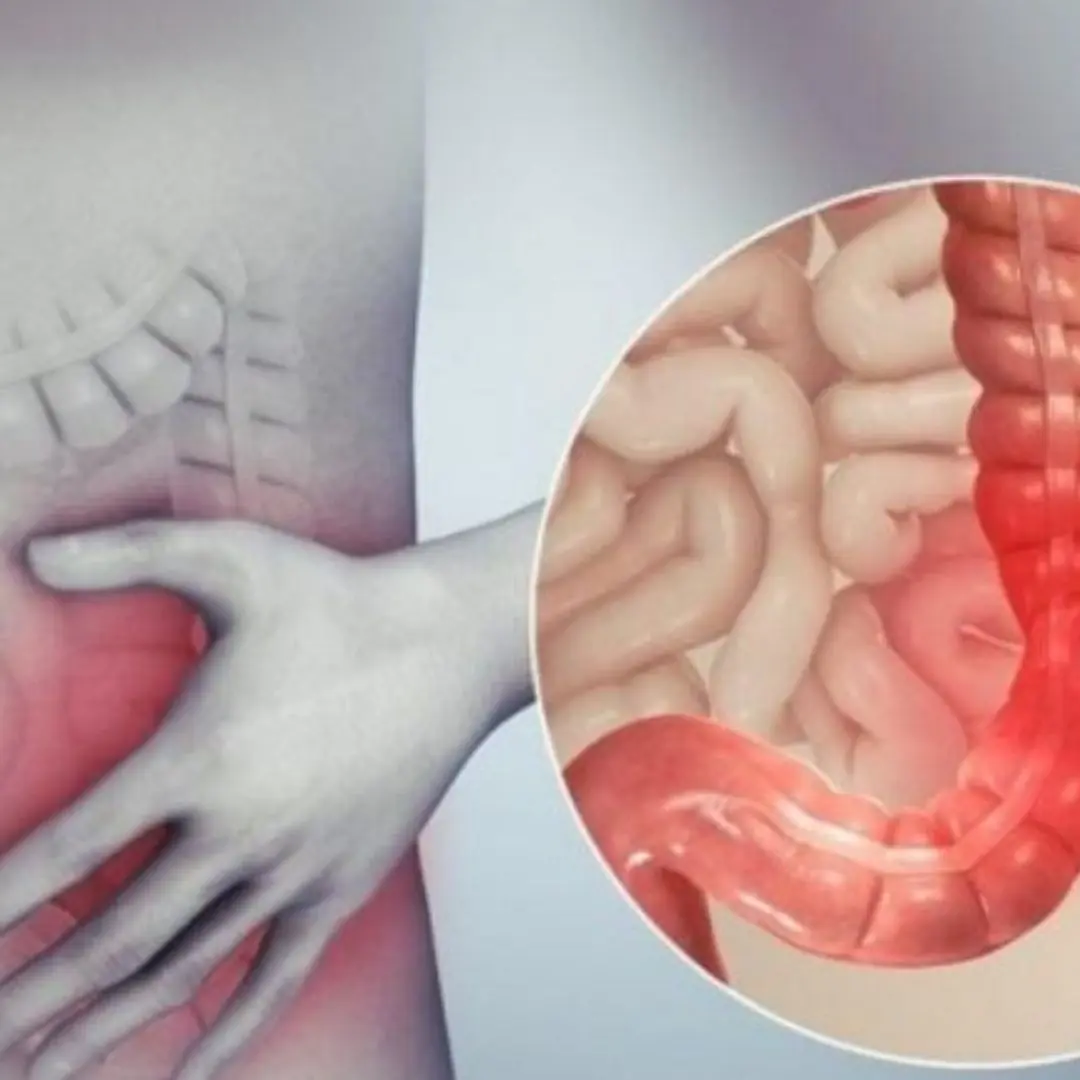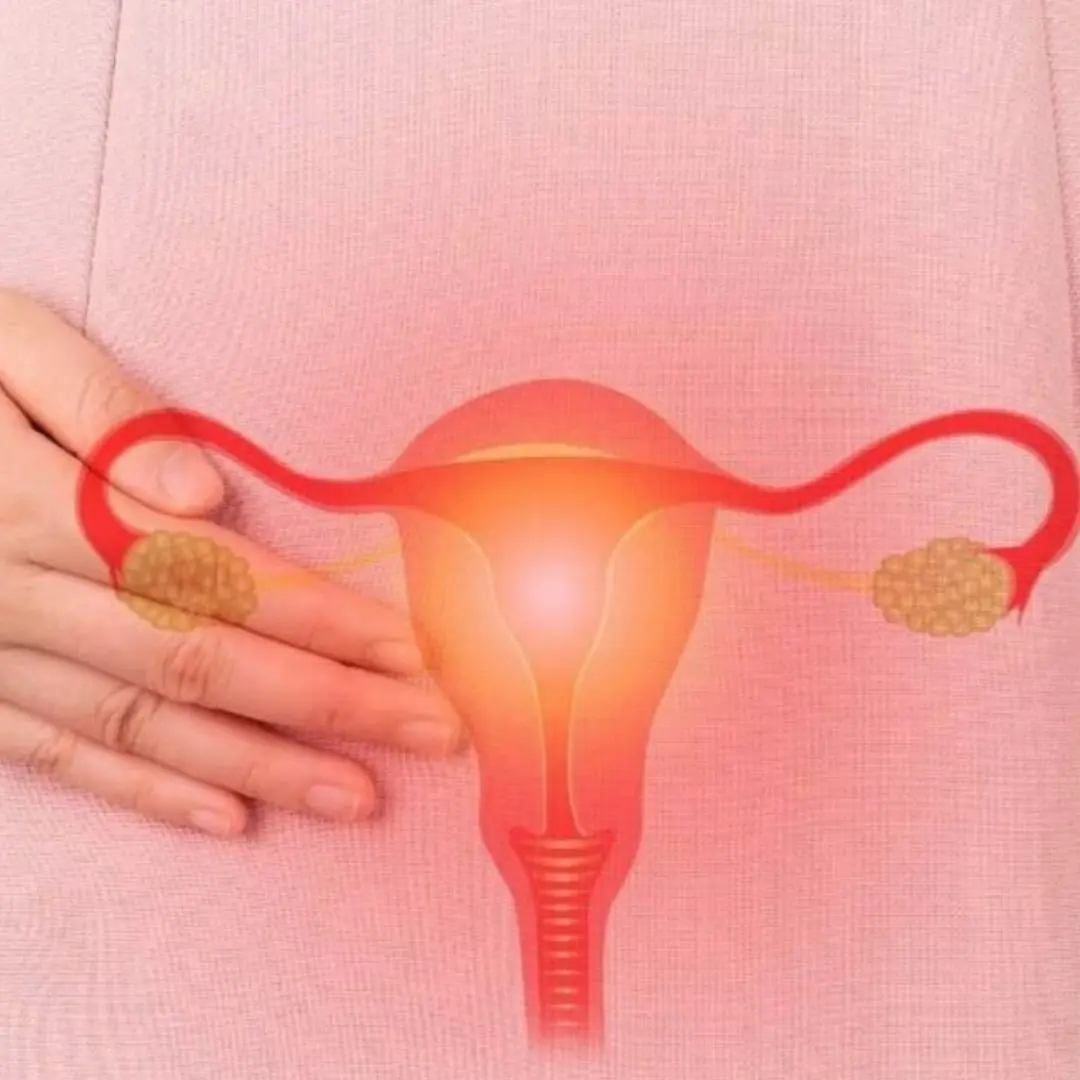
4 Abnormal Signs in the Abdomen That May Seem “Minor” but Could Indicate Can.cer
4 Abnormal Signs in the Abdomen That May Seem “Minor” but Could Indicate Can.cer
Don’t always assume abdominal discomfort is just from food, indigestion, or stomach issues. The abdomen houses many vital organs — all of which can be “attacked” by cancer.
Since the abdominal cavity contains multiple organs, it often reacts quickly to health problems, especially cancers. However, not everyone pays attention to these warning signs because they can easily be mistaken for common conditions such as gastritis, digestive disorders, or menstrual pain.
If you don’t want to end up in the hospital with serious diseases like stomach cancer, bowel cancer, pancreatic cancer, liver cancer, kidney cancer, or ovarian cancer, then never ignore these 4 warning signs in your abdomen:
1. Abnormally Enlarged Abdomen
Aside from pregnancy, a rapidly growing abdomen can be caused mainly by two conditions: visceral fat accumulation or ascites. Ascites is fluid buildup in the abdominal cavity, often due to cancer spreading to the peritoneum. Common culprits include liver, pancreatic, stomach, colon, and ovarian cancers.
Tumor growth can cause the abdomen to expand abnormally, sometimes sticking organs together, leading to rapid waistline enlargement, pain, and other specific symptoms. However, not all cases of abdominal swelling are cancer — liver disease, hepatitis, or kidney failure may also be responsible. Any unusual bloating should be checked at a medical facility.
2. Digestive Disorders and Nausea
Persistent indigestion, unexplained nausea, fatigue, and sweating can also signal cancer. Commonly linked cancers include those of the stomach, intestines, and pancreas.
For example, colon cancer often causes abdominal pain, prolonged diarrhea, bloody or black stools. Pancreatic cancer can trigger abdominal tightness, nausea, diarrhea, floating stools, loss of appetite, and rapid weight loss.
Unlike ordinary digestive issues, these symptoms last a long time, recur frequently, and do not improve with medication — making regular check-ups essential for early detection.
3. Unexplained Abdominal Pain
Abdominal pain is common but often overlooked. Many mistake it for indigestion or menstrual cramps. If the pain persists despite good diet and digestive aids, a more serious cause should be considered.
The pain’s location may vary depending on the type of cancer:
-
Stomach or pancreatic cancer: Dull ache in the middle abdomen, above the navel, often with bloating, indigestion, nausea, and fatigue.
-
Liver cancer: Cramping in the upper right abdomen, radiating to nearby areas, sometimes with fever, loss of appetite, nausea, skin darkening, and excessive sweating. Some may also feel numbness in the back.
-
Colon cancer: Persistent dull pain or swelling in the lower or central abdomen.
4. Hard Lumps or Masses
In early stages, abdominal cancers show few obvious signs. But if you can feel a hard area or lump, it may suggest disease progression. Such masses often cause dull pain or tenderness when pressed. If the lump is painless, the cancer may already be at a late stage.
For instance, advanced liver cancer may form a hard lump in the upper right abdomen. A mass in the lower abdomen is often linked to colon or ovarian cancer. Any unusual hard lump should be examined by a doctor immediately to determine the cause and receive timely treatment.
News in the same category


"7 Silent Habits That Wreck Your Bones and Joints — Quit Them Now or Face Pain in Old Age

Night Sweats Explained: 7 Surprising Facts

Warning: 10 Overlooked Symptoms That Could Signal Blood Cancer

Surprising Everyday Foods That Quietly Work Wonders for Your Liver — And Why You Should Add Them to Your Diet

Despite its health benefits, star fruit is strictly off-limits for these groups of people

This condition can trigger a sudden transformation in the fingers, leaving them ghostly white or bluish

Night Clues: 5 Rare Symptoms Pointing to Kidney Damage

Don’t Overlook These 6 Warning Signs of Stage 1 Colon Cancer

These 3 Common Fish Are Actually the Best for Your Health

4 Foods That Help Prevent Vag.inal Infections:

4 Foods to Eat on an Empty Sto.mach in the Morning That Work Like a “Trash Scanner” for the Body

6 Foods That Balance Hormones and Stop Hair Loss — A Secret Few Women Know!

Woman Shocked by Doctor’s Diagnosis After Visiting Hospital for Severe Itching

Cervical Cancer: 8 Hidden Warning Signs Just Uncovered

If your breath carries these 4 unusual odors, it could signal hidden illness — don’t ignore the warning signs

Your Feet Could Be Revealing Serious Health Issues — Watch Out for These 6 Signs

4 Best-Selling Items on E-Commerce Platforms Exposed to Contain Carcinogens

4 Surprising Changes Your Body Will Experience in Just Half a Year
News Post

Doctor Reveals 5 Dangerous Mistakes You Must Avoid Right After Eating

"7 Silent Habits That Wreck Your Bones and Joints — Quit Them Now or Face Pain in Old Age

Avoid These Plants If You Don’t Want Snakes Near Your House

Night Sweats Explained: 7 Surprising Facts

What the lines on bath towels actually mean?

Farmers put ice on melons before harvest – the reason behind it will surprise everyone

6 Proven Ways to Get Rid of Termites From Wooden Furniture

Warning: 10 Overlooked Symptoms That Could Signal Blood Cancer

Should You Pick Na.vel Oranges With a Big or Small “Na.vel”?

3 super easy garlic storage hacks

The More You Save, the Sicker You Get: 6 Dangerous Kitchen Habits to Stop Immediately

What are those “Small bags” on the wall really?

Surprising Everyday Foods That Quietly Work Wonders for Your Liver — And Why You Should Add Them to Your Diet

Despite its health benefits, star fruit is strictly off-limits for these groups of people

This condition can trigger a sudden transformation in the fingers, leaving them ghostly white or bluish

Night Clues: 5 Rare Symptoms Pointing to Kidney Damage

Don’t Overlook These 6 Warning Signs of Stage 1 Colon Cancer

These 3 Common Fish Are Actually the Best for Your Health
